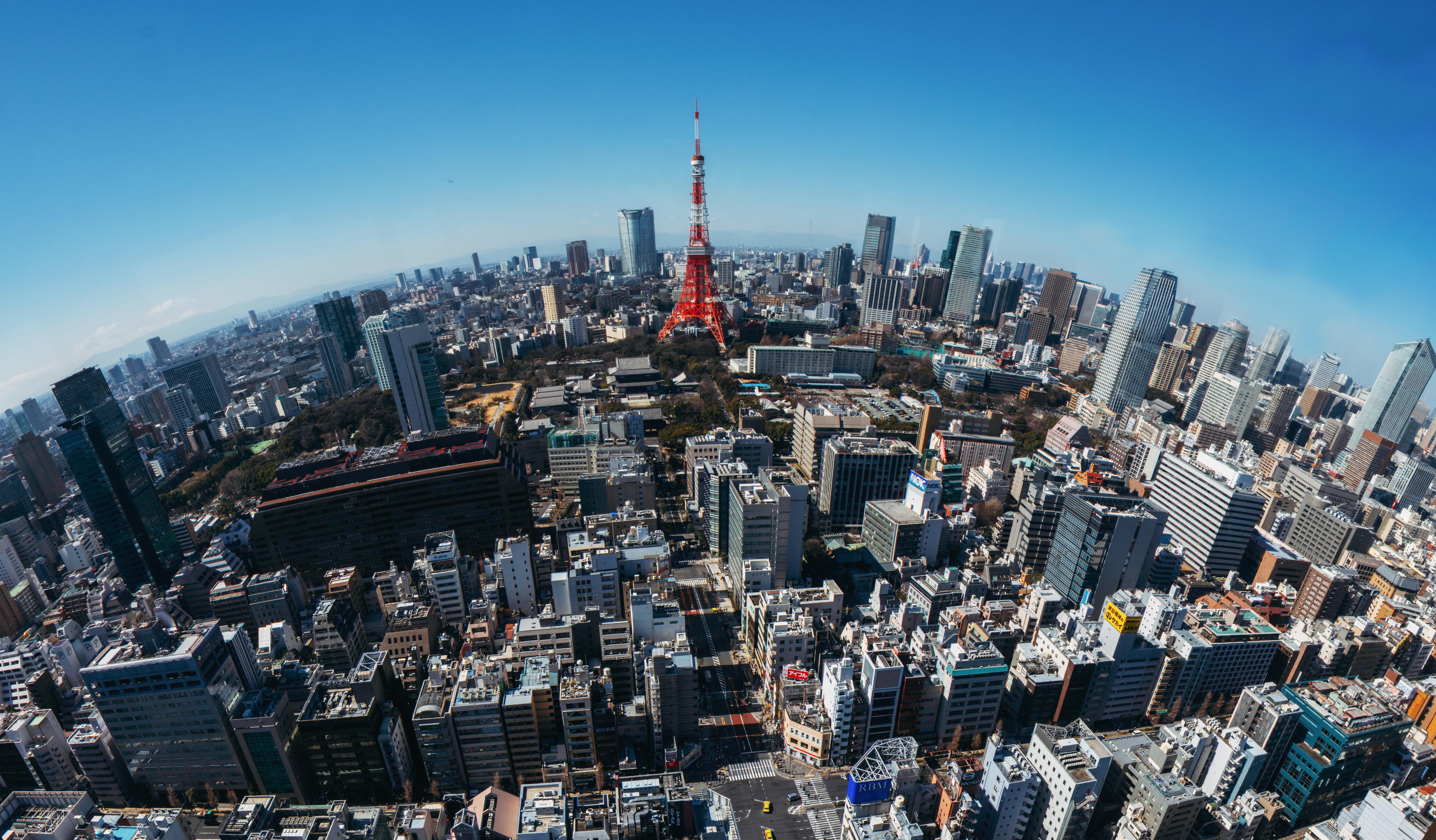
The entry into force of the EU-Japan Economic Partnership Agreement (EPA) on 1 February 2019, marks the start of a new era for the European Union and Japan. European businesses can benefit from new opportunities in many sectors.
The entry into force of the EU-Japan Economic Partnership Agreement (EPA) on 1 February 2019, marks the start of a new era for the European Union and Japan, as rightly highlighted by the EU-Japan Business Round Table . The EPA creates the largest open-trade zone in the world, which covers 600 million people.
What changes for EU businesses
The majority of duties paid by EU companies exporting to Japan are removed. The EPA opens the Japanese market to EU agricultural exports and increases opportunities in sectors such as pharmaceuticals, medical devices, motor vehicles or transport equipment. It opens up services markets, in particular financial services and telecommunications, and improves the protection of intellectual property rights. The agreement removes obstacles to procurement in the railway sector. EU businesses are guaranteed non-discriminatory treatment in the procurement markets of 48 large cities in Japan. However, the entry into force of EPA is not the end of the story: it is actually the beginning.
Making the EPA work for businesses
The priority for us at the EU-Japan Centre for Industrial Cooperation is now implementing the EPA. We should ensure that businesses, in particular Small and Medium-sized Enterprises (SMEs), reap the maximum benefits from the agreement. The objective is 100% PUR (Preference Utilisation Rate) by all EU Member States, in all sectors covered by the EPA, and by all types of businesses, large, medium and small ones. How can we achieve this?
A focus on communication
Today, there are 64,000 direct EU exporters to Japan all over Europe. More than 88% of them are SMEs. But there are most likely many more European SMEs which are potential beneficiaries of the EPA. These actual and potential European exporters to Japan should be informed. This means raising awareness with promotion campaigns, making information accessible, providing guidance and reaching out to SMEs throughout Europe. A renewed emphasis on communication is important.
The EPA Helpdesk
This is why the EU-Japan Centre has set up a new EPA Helpdesk with fact sheets, practical guides and a series of webinars on key aspects of the EPA such as rules of origin, public procurement, geographical indications, as well as sectors, wine, cheese, etc. The EPA Helpdesk does not stand in isolation. It is closely connected with the Centre’s complementary activities such as our existing Public Procurement Helpdesk, Tech transfer and IP Helpdesk, our Enterprise Europe Network related activities and a number of other activities to promote industry, trade investment, innovation and cooperation on mobility of people. It is part of our multi-facetted support to European SMEs, of which you can find a summary on the EU-Japan Centre’s website.
Spreading the message: a joint effort
The Centre is mobilising important relays in Europe, in particular existing pan-European networks, such as the Enterprise Europe Network, the European Cluster Collaboration Platform, and networks of European regions and European industry associations. Here in Japan, the Centre is putting in place a group of Trade Promotion Organisations (TPOs) from EU Member States to enable further sustainable cooperation on the ground, complementary to the TPOs meetings organised by the European Commission’s Directorate-General (DG) for Internal Market, Industry, Entrepreneurship and SMEs in Brussels. Together, we can better help European SMEs take advantage of the EPA.
A broader case for cooperation
Beyond the letter of the agreement, the EPA may also have an important triggering effect to reinforce existing and explore new areas of cooperation. Closer ties, can foster cooperation in research and innovation, in the fields of space, the digital economy, the circular economy, climate change, security and defense. But also regulatory cooperation, investment cooperation with the recent EIB-JBIC MoU, and region2region cooperation with the regional cooperation platform in preparation. This positive momentum may also accelerate the important trend for joint EU-Japan business partnerships to operate together in third countries, from South East Asia, to Africa, Latin America, and EU neighboring countries.
In a global context, with rising protectionism and geopolitical uncertainties, succeeding in the EPA implementation is good for the EU and good for Japan. And, on the global scene, it sends a signal that the EU and Japan stand together for sustainable cooperation and team up to preserve the benefits of openness. “The dogmas of the quiet past are inadequate to the stormy present. The occasion is piled high with difficulty, and we must rise with the occasion. As our case is new, so we must think anew and act anew.” Abraham Lincoln 1862—but timeless.
Copyright: Photo of Tokyo by Steven Diaz on Unsplash
Dr. Philippe de Taxis du Poët is the EU-side General Manager of the EU-Japan Centre for Industrial Cooperation, a member of the Enterprise Europe Network. The Centre was established in 1987 as a joint venture of the European Commission’s Directorate-General (DG) for Internal Market, Industry, Entrepreneurship and SMEs and the Japanese Ministry of Economy, Trade and Industry (METI). Dr. de Taxis du Poët is also Minister Counsellor at the Delegation of the European Union to Japan.
Related articles

As the world’s third largest economy, Japan is an attractive business hub for European companies. How can small and medium-sized enterprises navigate the Japanese business culture with more confidence...

How do I calculate the import duties to export my products outside the European Union? How can I pay less of these duties thanks to the EU free trade agreements? What documents do I need? And what if...
